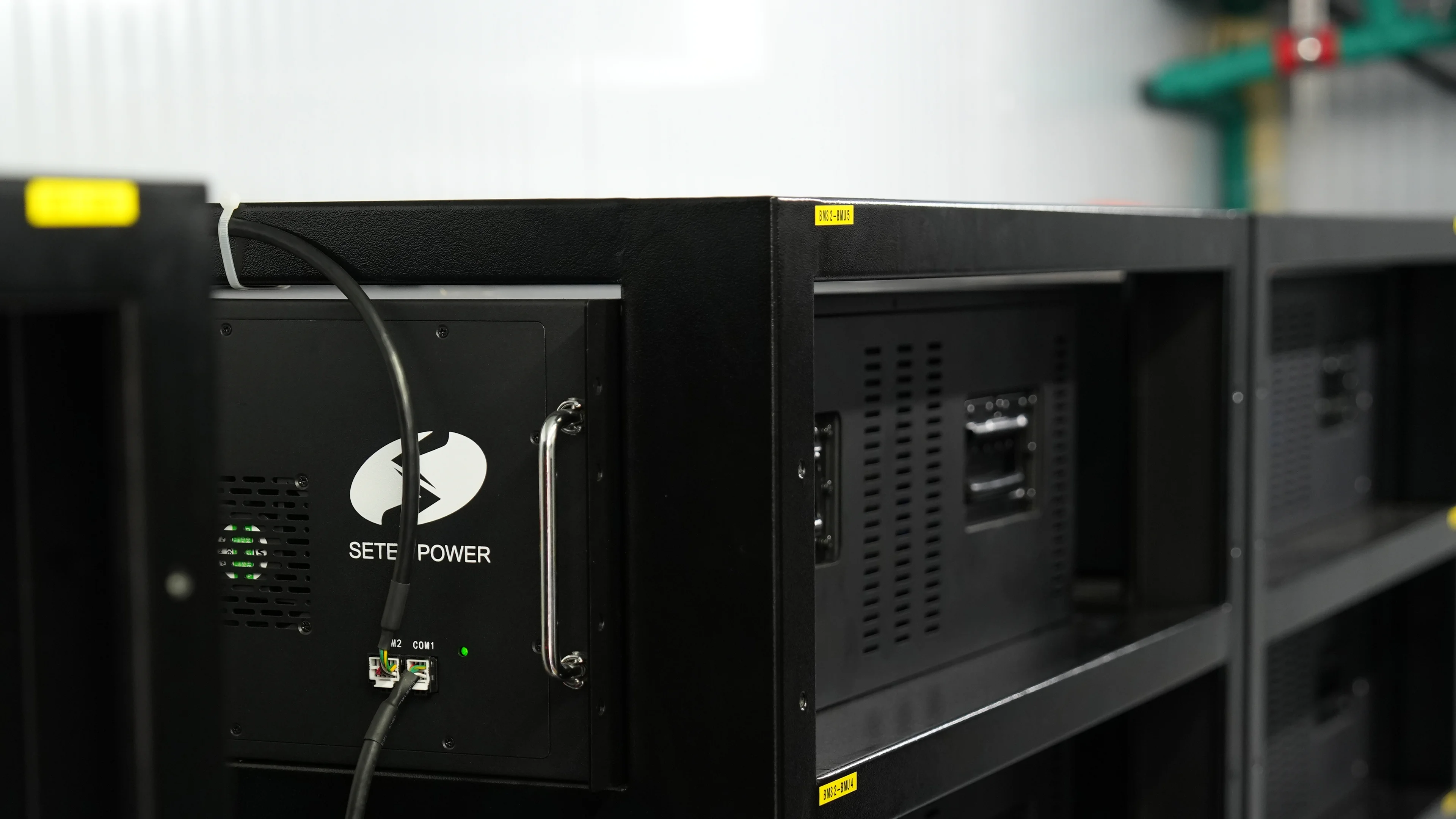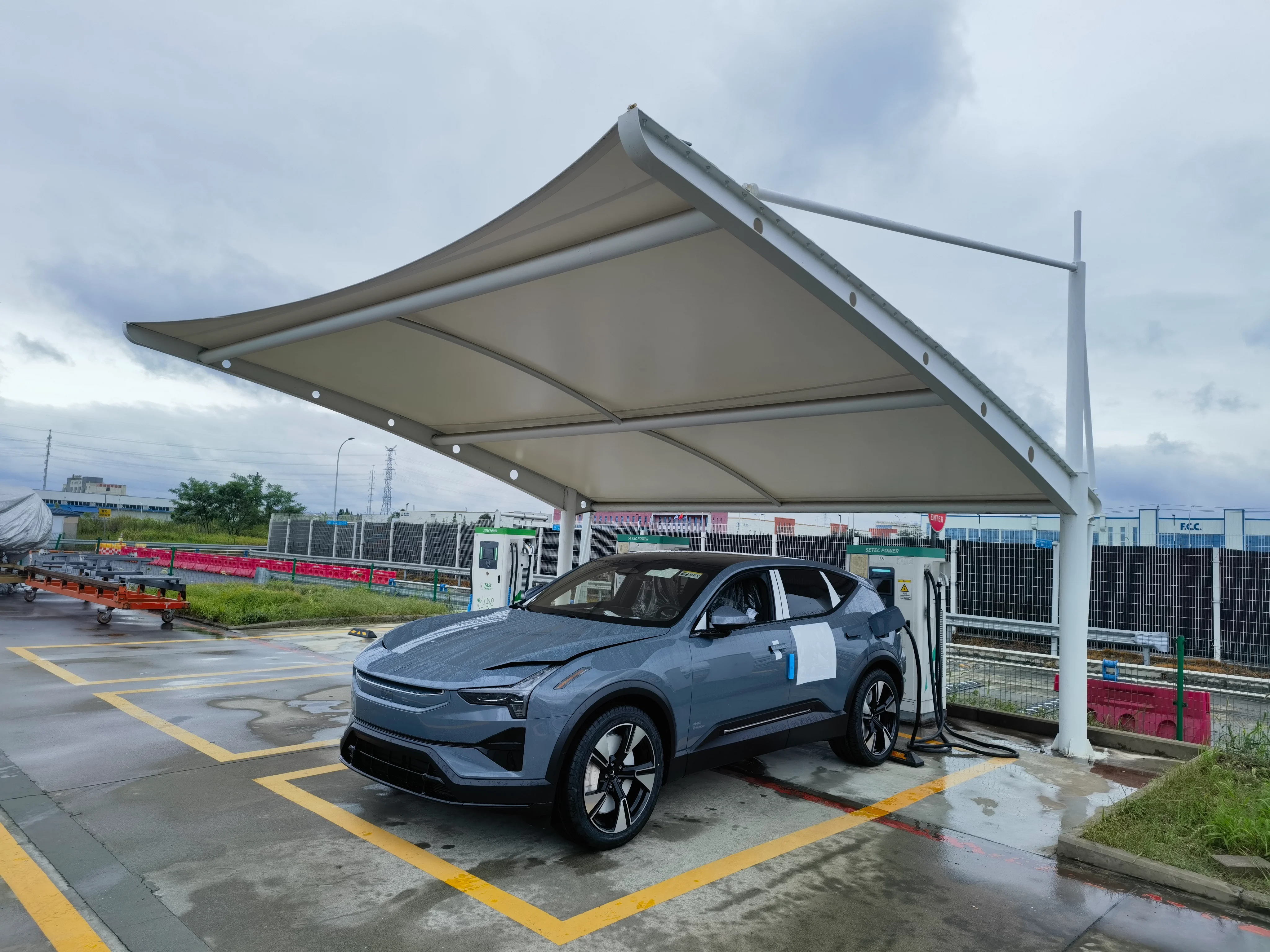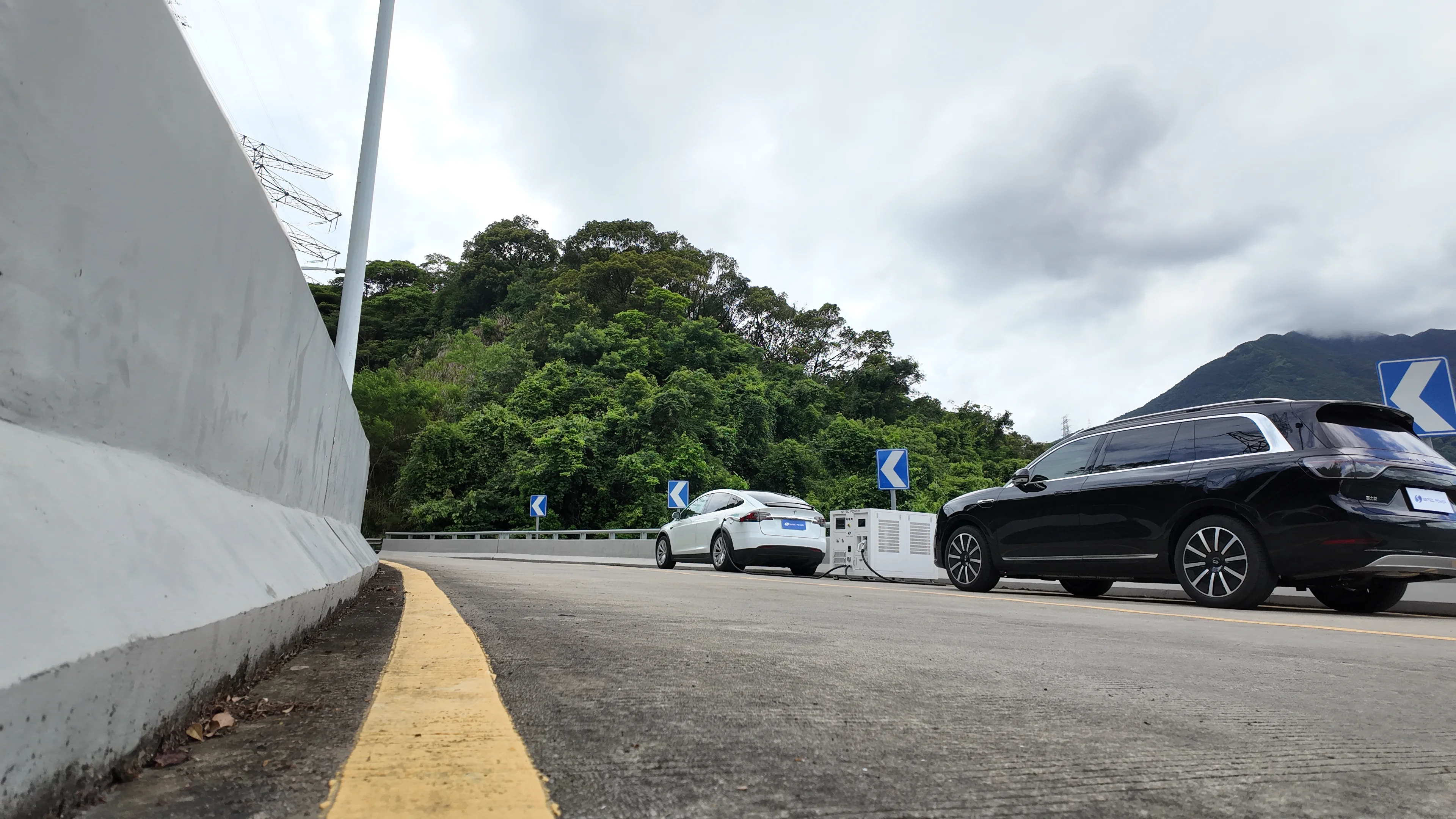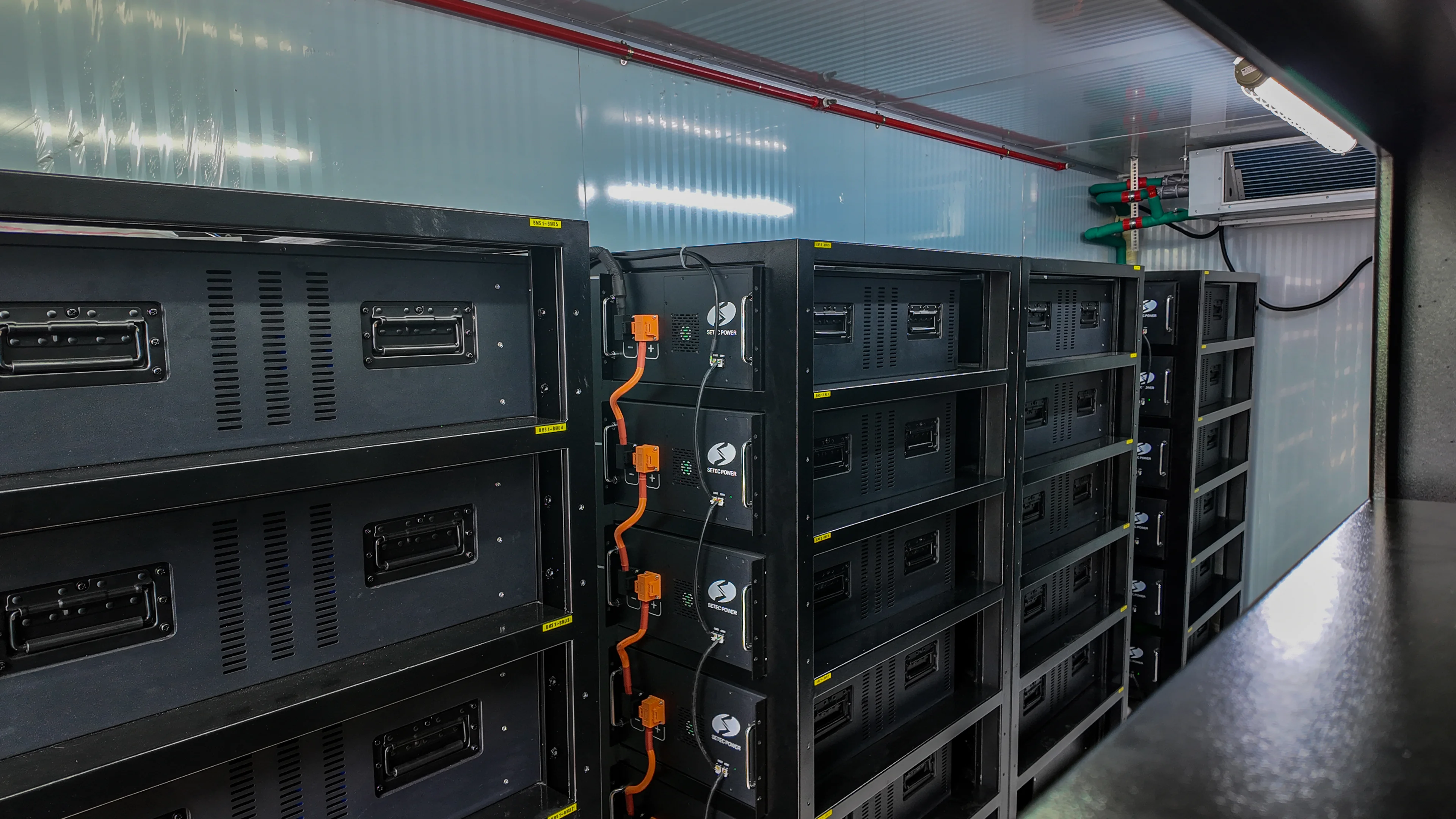May 16, 2024
What are Demand Charges?
Demand charges, commonly utilized by utilities, are based not on total consumption but on the maximum amount of electricity needed within an hour (or 15 minutes) during a given month. In contrast, residential customers typically face volumetric billing based on their energy consumption.
How can Demand Charges Be Mitigated?
Since demand charges are determined by the maximum hourly power requirement rather than overall usage throughout the month, there is less incentive to reduce total consumption and more emphasis on adjusting how much electricity is required at once. For those subject to a demand charge electric rate, reducing overall electricity usage during peak periods is the only way to lower their electric bill.
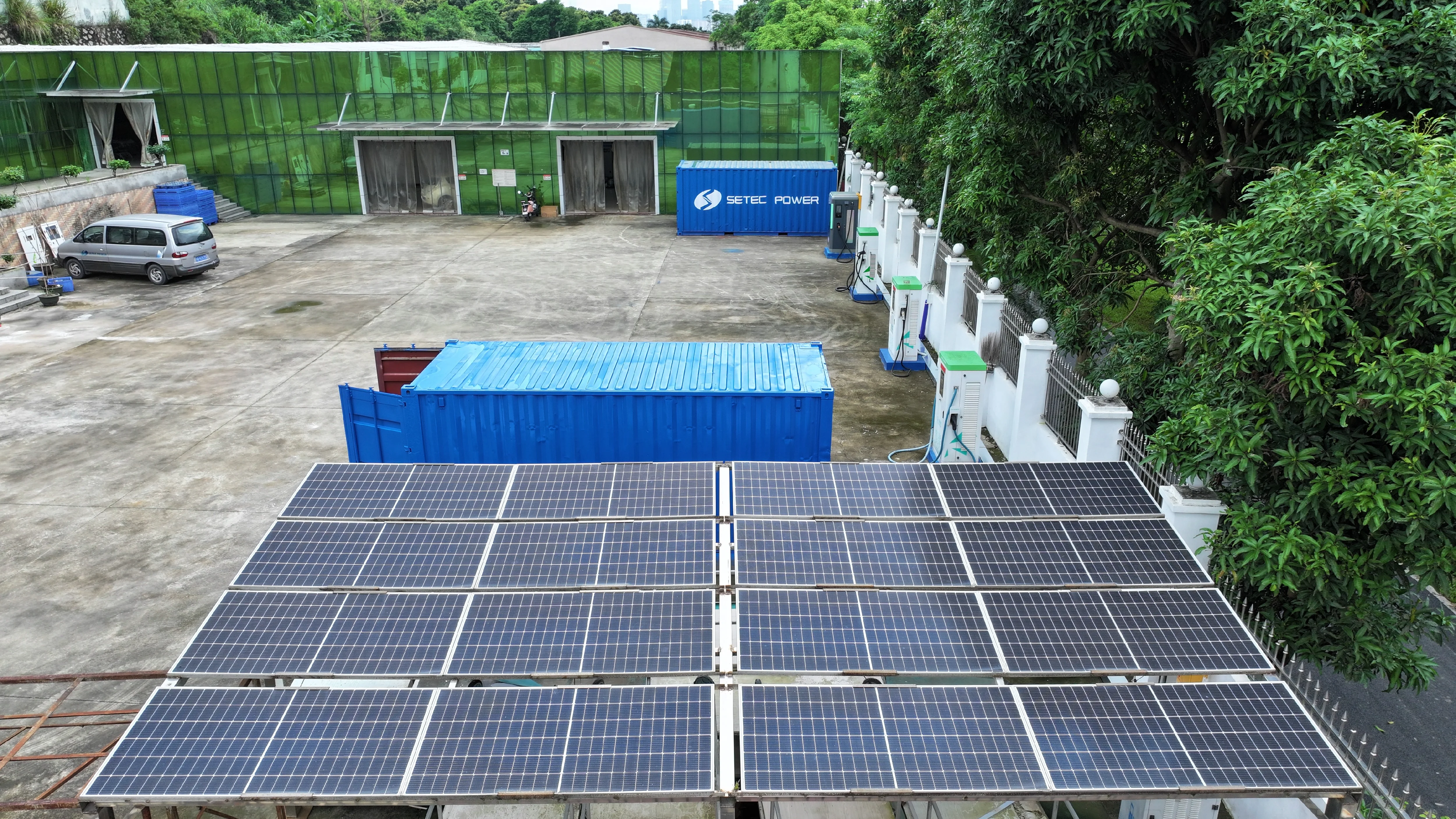
Reducing Peak Electricity Consumption Through Battery Energy Storage
By storing excess energy in batteries during off-peak hours and utilizing it for high-power devices during peak hours (such as boosting charging for electric vehicles), it becomes possible to decrease the load on the grid during peak periods. This not only helps improve the balance of power supply within the grid but also reduces customers' demand charges for electricity.
Demand charge was initially established as an incentive for utilities (electricity customers) to consider not only their total electricity consumption throughout the month, but also the timing and quantity of usage. Keeping this in mind, efficient utilization of battery energy storage can be leveraged to optimize monthly bill savings while maintaining the same level of energy consumption and reducing overall electricity costs.
Battery energy storage enables adjustment of the demand charge related to energy consumption.
